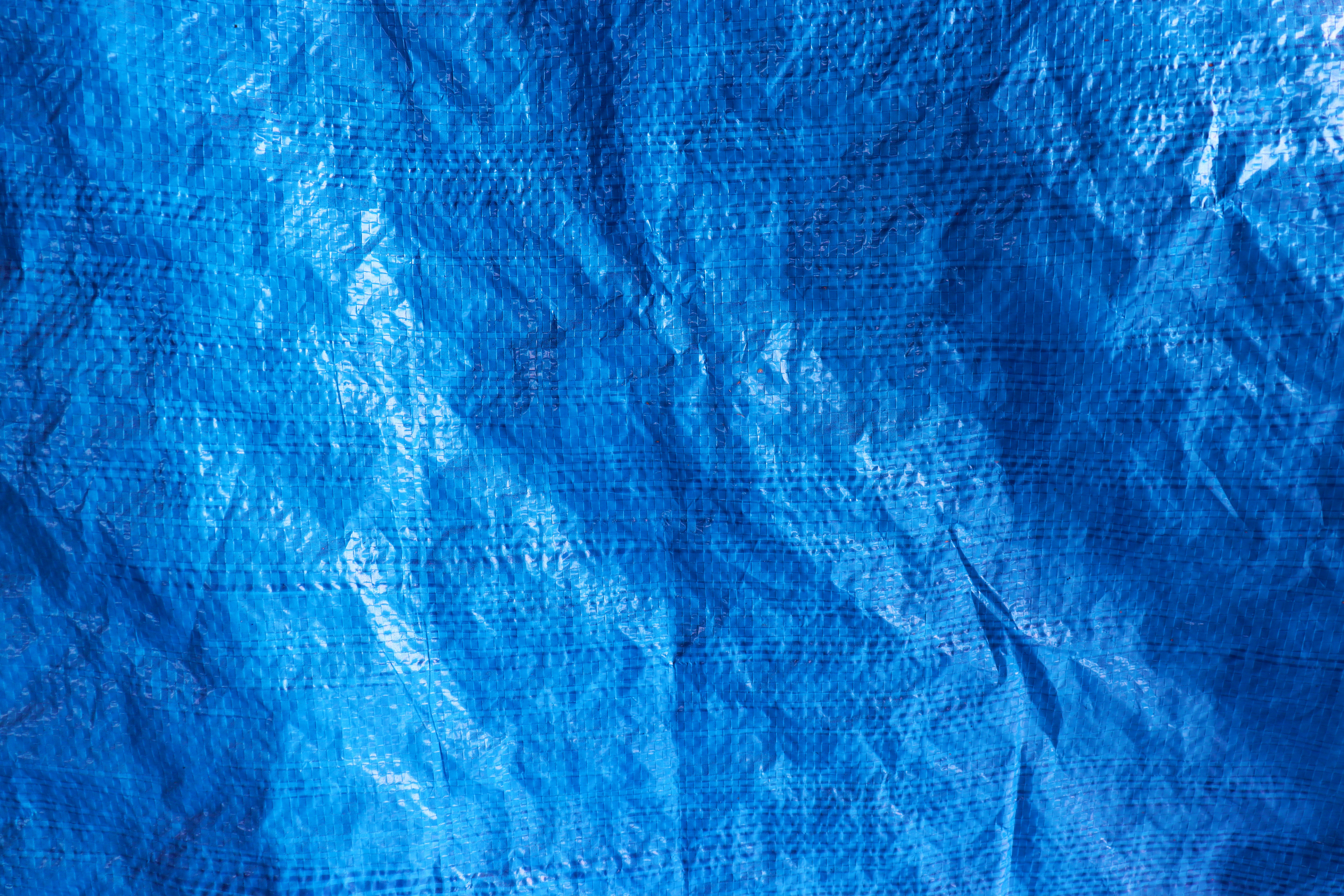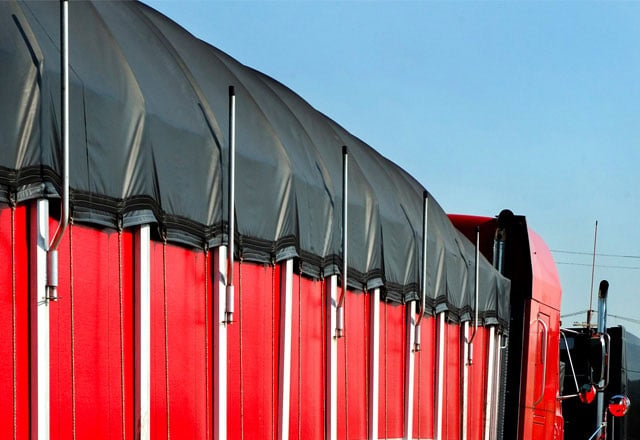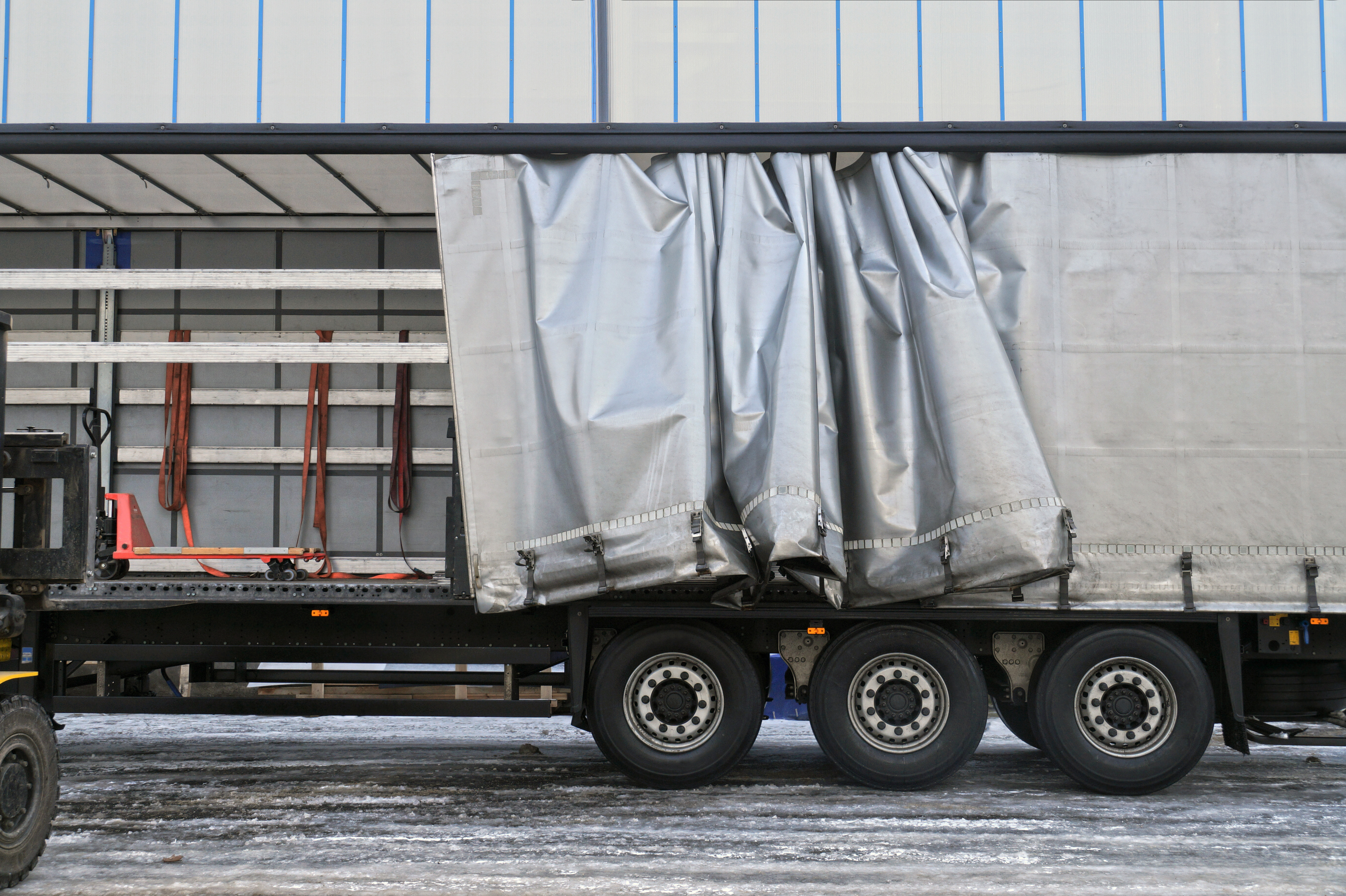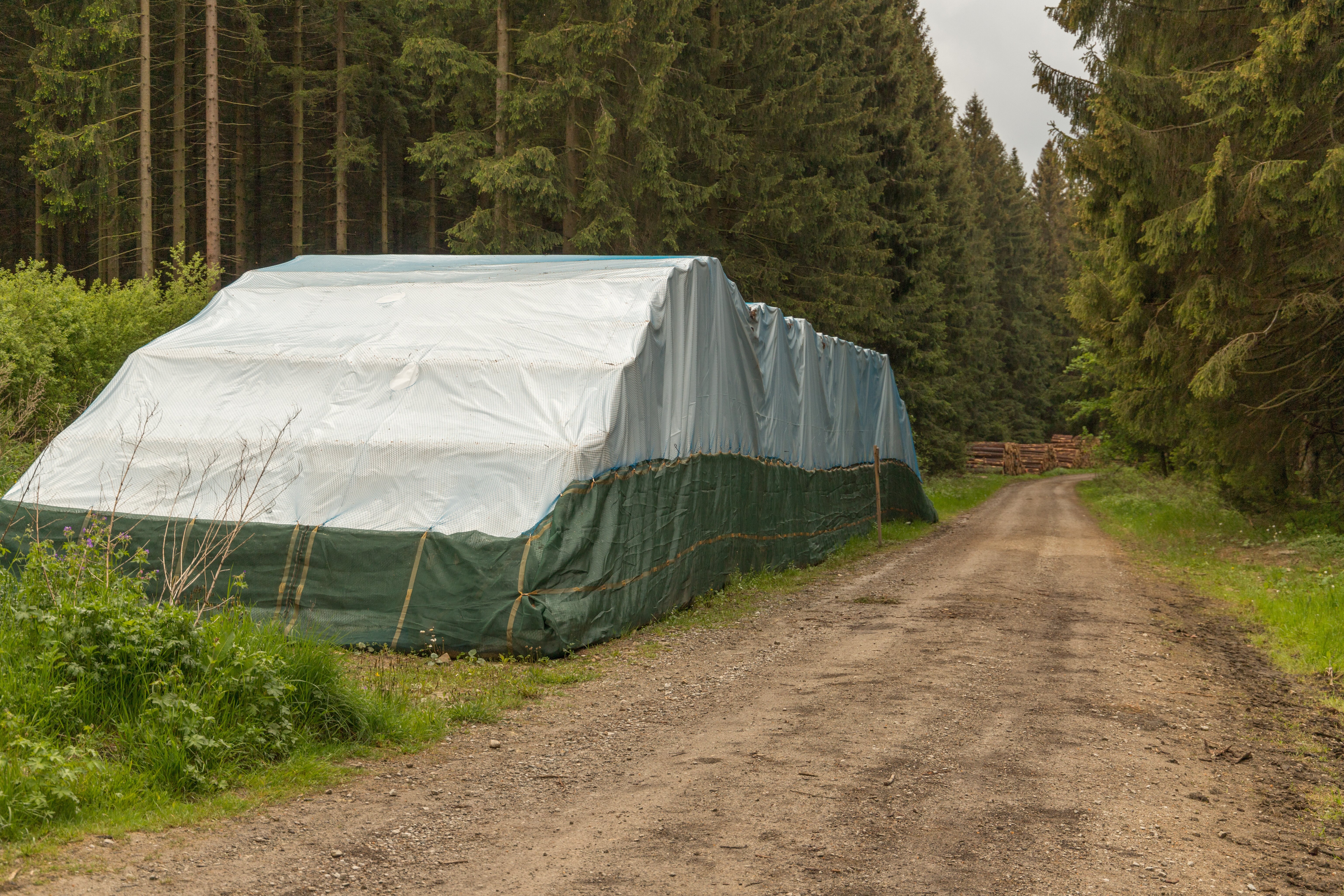What Makes Polyethylene Welding Ideal for Fabric Structures?
Polyethylene, a thermoplastic polymer known for its high strength and versatility, plays a crucial role in the construction of fabric structures. This material, particularly in its high-density form (HDPE), provides unmatched durability when welded, making it an excellent choice for applications requiring resilience against environmental stresses.
Strength and Flexibility
The fundamental advantage of polyethylene welding lies in its ability to create strong, seamless bonds that significantly enhance the structural integrity of fabric buildings. Unlike traditional stitching or bonding methods, which introduce weak points susceptible to tearing and wear, welded seams in polyethylene fabric structures are as robust as the material itself. This seam strength is critical for structures exposed to heavy loads or harsh conditions, such as industrial warehouses, agricultural greenhouses, and large-scale tents.
Environmental Resistance
Beyond strength, polyethylene welding excels in environmental resistance. HDPE fabric structures can withstand UV rays, moisture, and chemical exposure without degradation. This resistance ensures that structures not only maintain their integrity over time but also continue to perform under a variety of climatic conditions, making polyethylene welding for fabric structures an ideal choice for both temporary and permanent installations.

How Can You Ensure Optimal Weld Strength in Polyethylene Fabric Structures?
Achieving maximum durability through polyethylene welding involves more than just the right materials; it requires precise execution of welding processes to ensure optimal seam strength and longevity.
Optimal Welding Parameters
The key to strong welds in polyethylene fabric structures lies in the correct setting of welding parameters. Temperature and pressure must be carefully calibrated to match the specific type of polyethylene being used. Incorrect settings can lead to weak welds that compromise the durability of the structure.
Material Preparation
Preparation of the material surfaces prior to welding is equally important. Surfaces must be clean and free of any contaminants like dust or oil, which can cause poor adhesion and weak welds. Proper alignment and tensioning of the fabric pieces ensure that the welding is consistent and effective across the entire seam.
Equipment Maintenance
Regular maintenance of welding equipment ensures that each weld is performed under optimal conditions. This includes routine checks and calibration of the welding machine, as well as immediate replacement of worn or damaged components that could affect weld quality.
What Advanced Techniques Can Enhance Weld Durability?
Innovative welding techniques and materials can further enhance the durability of polyethylene fabric structures, making them suitable for even the most demanding applications.
Reinforced Materials
Using reinforced polyethylene materials, which include additional fibers or meshing within the polyethylene matrix, can significantly improve both the tensile strength and puncture resistance of the fabric. This reinforcement helps maintain the structural integrity of large-scale fabric structures under varied stress conditions.

Multi-Layer Welding
Employing multi-layer welding techniques, where multiple layers of polyethylene are fused together at their seams, offers increased durability and load-bearing capacity. This method is particularly effective in areas of high stress where single-layer welds might fail.
Protective Treatments
Applying protective treatments to the weld seams can provide an additional layer of durability. These treatments, such as UV-resistant coatings or moisture barriers, help protect the welds from environmental factors that could otherwise accelerate wear and tear.
Why Should You Choose Miller Weldmaster for Your Polyethylene Welding Needs?
When it comes to constructing durable fabric structures with polyethylene, Miller Weldmaster stands out as a leader in the field. With decades of experience and a commitment to innovation, Miller Weldmaster offers tailored welding solutions that meet the unique demands of each application.
Customized Welding Solutions
Miller Weldmaster understands that each project has specific requirements. Their team of experts works closely with clients to develop customized welding solutions that optimize the performance and longevity of their fabric structures. Whether it's a bespoke tent for an outdoor event or a robust covering for industrial equipment, Miller Weldmaster ensures that every detail is perfected.
Advanced Technology Support
With cutting-edge technology and comprehensive support, Miller Weldmaster not only provides the equipment necessary for efficient and effective welding but also ensures that users can achieve the best possible results. Their machines are designed for ease of use and reliability, accompanied by expert training and support to help you maximize your welding capabilities.
Choosing Miller Weldmaster means investing in the durability and reliability of your polyethylene fabric structures. Their dedication to quality and customer satisfaction makes them the preferred choice for industries looking to leverage advanced polyethylene welding technology for constructing durable and long-lasting fabric structures.
Visit Miller Weldmaster’s polyethylene welding page for more information on how you can transform your fabric projects with the best welding solutions available.




